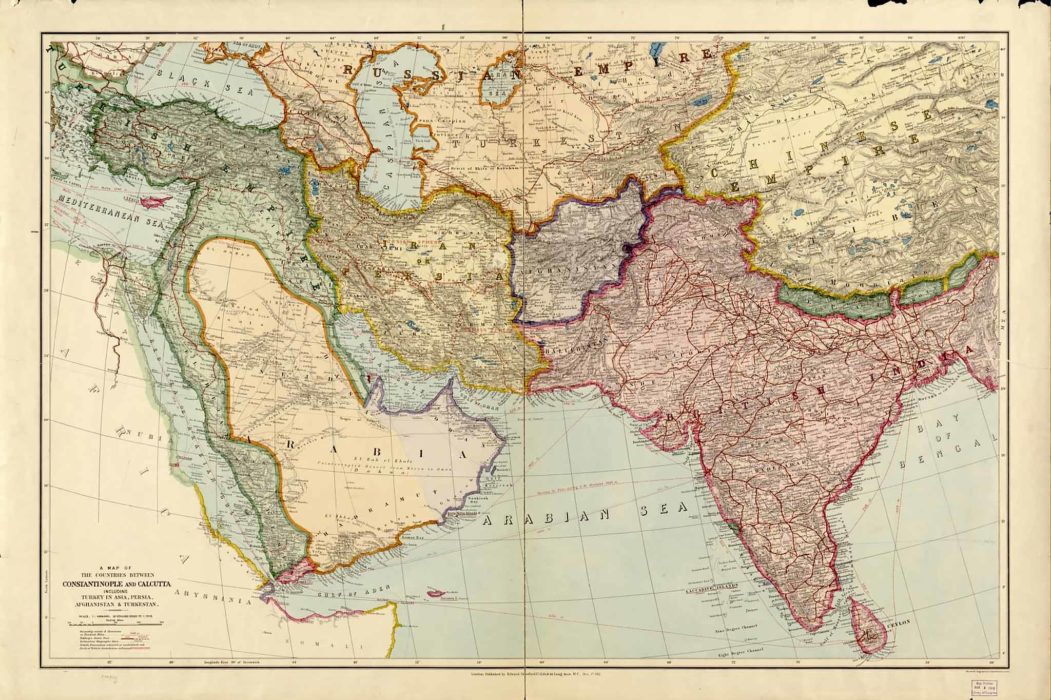“SISTERS AND BROTHERS OF America!” the man said, dressed in bright orange. Then he had to wait for more than three minutes while 7,000 people rose from their seats at the Art Institute of Chicago and gave him a prolonged standing ovation.
“I am proud,” he continued, “to belong to a religion which has taught the world both tolerance and universal acceptance. We believe not only in universal toleration but we accept all religions as true. I am proud to belong to a nation which has sheltered the persecuted and the refugees of all religions and all nations of the earth.”
Everyone agreed that on that day — September 11, 1893 — the colorful Swami Vivekananda had captured the spirit of the World’s Parliament of Religions, which was being held in conjunction with the Columbian Exposition. The nation he meant was India, and the religion Hinduism.
The trouble is, there was no such thing as “Hinduism,” or, at least, not until very recently. In fact, there was no word for “religion” in any of the Indian languages, nor any word for “spirituality” either. These terms had only appeared by 1893 as the result of a century-long reaction among educated Indians to the increasing encroachment by British colonialism. Out of India’s unfathomable diversity, the reformers of the “Hindu Renaissance” developed a single cultural, religious, and political identity that could compete with an expansionist Western cultural project. The result was an Indian spiritual mission to the West that portrayed India as the home of an ancient spirituality far superior to the modern materialistic civilization of Europe. In America, these radical ideas were incorporated by Emerson into Transcendentalism.

On the surface, ‘Abdu’l-Bahá’s comments about the “spirituality” of the East and the “materialism” of the West sounded virtually identical to the Indian reformers. But nothing could have been further from the truth.
On May 25, 1912, at a talk at Huntington Chambers in Boston, ‘Abdu’l-Bahá made it clear that he didn’t put any stock in the ability of ancient traditions to meet the needs of the modern world. “Thoughts and theories of past ages are fruitless now,” he said. “It is evident that counterfeit and spurious religious teaching, antiquated forms of belief and ancestral imitations . . . must also pass away and be reformed.”
Neither did he believe the nostalgic notion that modern society was somehow inferior to the civilizations of the past. “If comparison be made with the sum total of all former human achievements, it will be found that the discoveries, scientific advancement and material civilization of this present century have equaled, yea far exceeded the progress and outcome of one hundred former centuries.”
‘Abdu’l-Bahá was obviously talking about something very different than just combining ancient religious teachings into a new ecumenical spirit, such as Vivekananda had done in Chicago in 1893.






